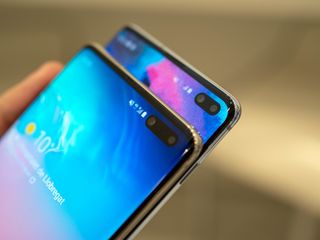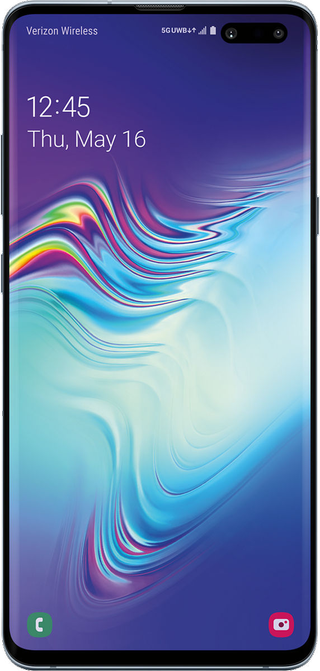The Navy is sharing its radio spectrum with wireless carriers

What you need to know
- The FCC has been allowing wireless carriers to use Citizen Broadband Radio Service (CBRS) spectrum for service.
- The Navy has priority over these bands, but authorized carriers can use them for free.
- Next summer, the FCC will sell priority access licenses for this signal range.
The CitIzen Broadband Radio Service (CBRS) channels are used primarily by the U.S. Navy for communication, but that leaves enough available spectrum for the FCC to give wireless carriers access to the bands as part of a new broadband experiment. Currently, companies can register to use the CBRS swath for free, and network traffic monitors will control and give the Navy priority access, according to a Wall Street Journal story.
Next June, the FCC will begin selling "priority access" licenses to use the CBRS, and this will allow companies to pay to step on the carriers using the service for free. Those priority access customers will still bow to the telecommunications might of the Navy as needed, of course.
The CBRS uses spectrum in the 3.5GHz range, and some flagship smartphones are already certified to work on these bands as they become available. The Samsung Galaxy S10 5G, the Apple iPhone 11, and the Google Pixel 4 XL are all ready to take advantage of the new spectrum. Though using CBRS carries a risk of being deprioritized as needed, it's also free to use, while registered spectrum auctions run into the billions of dollars. This concept will work nicely for smaller MVNO carriers, as "the alternative for the carriers is spending tens of billions buying spectrum," according to Iyad Tarazi, chief executive of database operator Federated Wireless Inc., a company that will manage the priority access to CBRS.
Cable company Charter is one of those testing the service, and wireless-network chief Craig Cowden says "CBRS really takes advantage of the best of both worlds ... If you're talking about true mobility—walking, driving—CBRS is ideal." The WSJ also notes that AT&T has decided to stay out of the current CBRS registry until the priority licenses become available. The priority access auction should happen in June of 2020.

All the 5G and CBRS that you can handle
If you live in a market with a 5G network, the Galaxy S10 5G is absolutely worth a look. You'll pay a pretty penny for it, but it's chock-full of powerful specs, has a gigantic display, and a seriously big battery.
Be an expert in 5 minutes
Get the latest news from Android Central, your trusted companion in the world of Android

